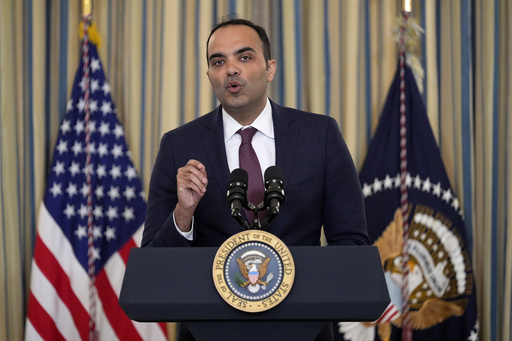The Consumer Financial Protection Bureau announced on Thursday that applications permitting employees to receive their salaries in advance, often with a fee, are deemed as providing loans and are therefore subject to the Truth in Lending Act. This potential rule aims to bring clarity to the emerging Earned Wage Access industry, which has parallels to payday lending. CFPB Director Rohit Chopra emphasized the necessity for borrowers to be able to compare products easily and to prevent detrimental business practices.
Earned Wage Access apps have been in existence for over ten years but saw a surge in popularity before and during the pandemic. These apps provide short-term loans to workers between paychecks to cover expenses. The CFPB discovered that the average user takes out approximately 27 loans annually, with fees resulting in high-interest rates, often exceeding 100% APR, surpassing subprime credit card rates.
Research shows that typical users earn less than $50,000 annually and are affected by inflation. Many apps enforce monthly subscriptions and mandatory fees for instant fund transfers. Critics like Christine Zinner from Americans for Financial Reform compare these products to workplace payday loans, highlighting the ease of incurring debt by constantly borrowing to meet everyday needs.
The CFPB raised concerns about the “tips” requested by these apps during paycheck advances, considering it manipulative, as users often feel compelled to tip due to various pressure tactics applied. The agency emphasized the importance of disclosing interest rates for loans obtained through paycheck deductions. Some companies argue that these fees should not be factored into standard APR calculations, and in response to regulations like those in Connecticut, companies like EarnIn have ceased operations in certain states.
The proposed interpretive rule will be open for comments until the end of August, with CFPB Director Chopra stressing the significance of competitive market pressures to reduce costs for both employees and employers.
